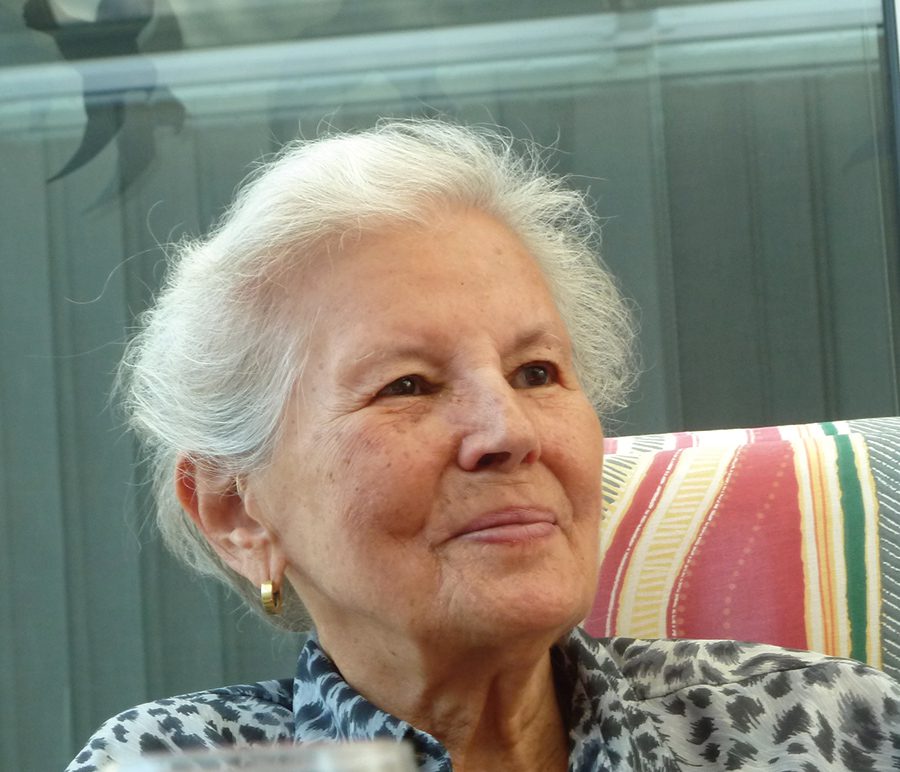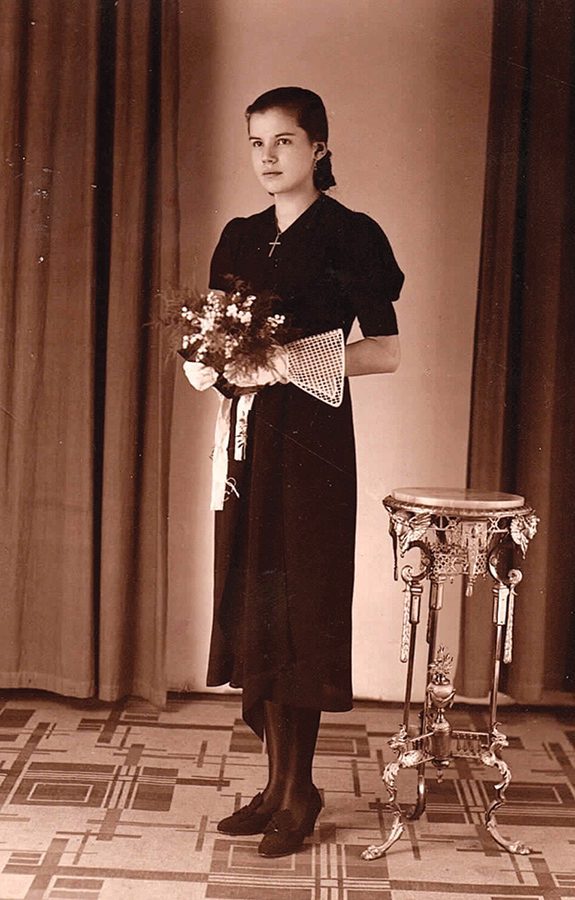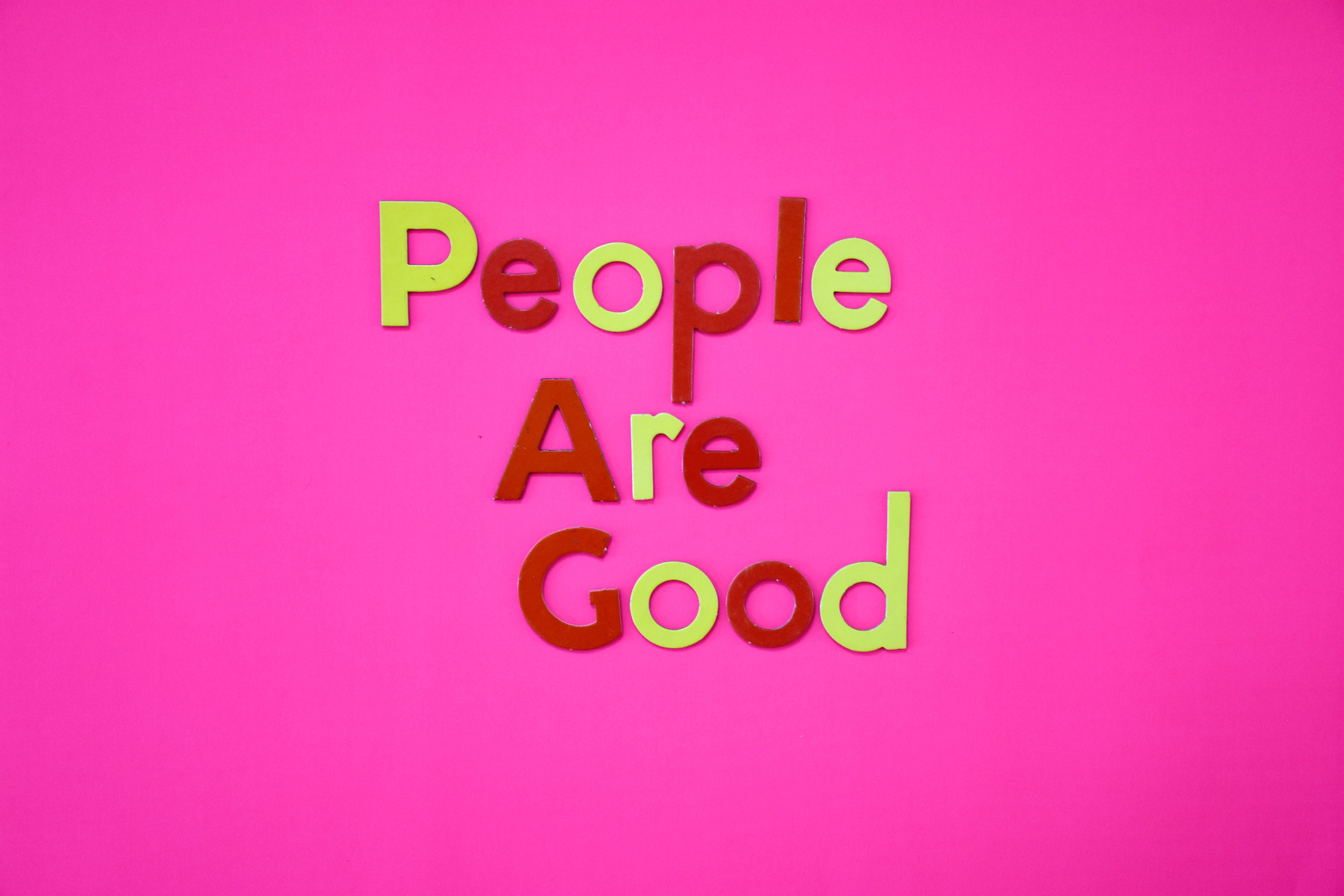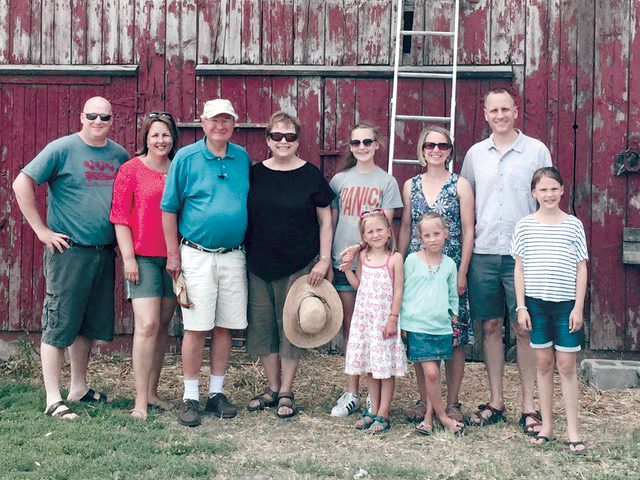Anni Weilgart
Anni Weilgart was Interviewed by one of her daughters, Lindy Weilgart

Anni Weilgart, 100, grew up in Berlin, Germany, experiencing WWII as a teenager. She lived in Decorah from 1963 to 2010 and taught German at Luther College. My father, W. John Weilgart, was a professor of psychology there. My mother now lives with my sister and brother-in-law, who look after her wonderfully in Washington State. I have always admired my mom for her socialness, adaptability, ability to get along with everyone, practicality (where my dad, the typical brilliant, but absent-minded, chaotic professor, was useless in that regard), her frugality, her physical activity, her respect for education, but above all, for her generosity of spirit and willingness to always be there for her family. She adored us children. I can speak to her for hours on end over Skype, as she is a wonderful listener, always interested and supportive. She is also a phenomenal role model, still walking one mile every day on the treadmill at a fast pace (25 mins.), despite breaking her hip two years ago. Although blind, she has fewer ailments and healthier blood values than all of us. I can’t even contemplate the idea that she won’t always be with us.
What’s the best advice anyone ever gave you?
Love is something you can never give away. The more you give it away, the more it comes back to you. One saying we had: If you want to be happy in life, contribute to the happiness of others because the happiness you give will come back into your own heart. I found that to be true. If you give friendliness and help to your friends and neighbors, you’ll get the same back. I think I never had a bad experience that way.
How about the worst?
My mother used to drill into me: children have to be obedient. But she never told me when I was finally allowed to make my own decisions, how old you had to be when you finally get to think for yourself and can decide to obey or not.

What did you want to be when you grew up?
I did not have a clear goal. The circumstances of the time maneuvered me into the teaching profession. It was the best decision I ever made. It was a necessity of the time during WWII. Everyone had to do some kind of service to the country before you went into higher education. But teachers were urgently needed so the qualifications were waived. That was appealing to me, so I didn’t have to work on a farm, milk cows, etc. You could start right away.
I got into a smaller village that had only two classrooms: Grades 1-4 & 5-8. I was assigned Grades 1-4 in one classroom. I had different assignments for each grade, always switching between them. I had to plan it so they all had time with me, written assignments, etc. I had a certain knack for talking to children, so they listened and trusted me. I had a good relationship with them. The kids were friendly and eager to learn.
If you were stranded on a desert island, what three things would you want with you?
Books, writing material, companion.
Try to describe yourself in one sentence.
I am interested in many things, have travelled widely, mainly through my kids, and am able to adapt well to many situations.
If you could eat anything every day for the rest of your life, what would it be?
Soup and fried potatoes and egg with onions.
Name one thing you could not live without.
My children and contact with them.
Tell us more about your first job.
I was worried about my first job because I was assigned to teach at a small, isolated country school in an area in Bavaria that was totally Catholic. Since I wasn’t Catholic, I was worried I wouldn’t be accepted. I also came from Berlin, and in southern Germany, they didn’t like Berliners and northern Germans, because they gave them unasked for advice and talked a lot. My fears turned out to be unfounded because very soon, they were very kind to me and respectful. They gave me a lot of credit and thought I was capable, even though I wasn’t really. They thought as someone from the nation’s capital, I must know a lot. One mother asked for piano lessons for her kids. I didn’t really play but it was assumed I knew everything, so I had to give lessons on the few things I knew. The teenagers or young adults in their early twenties also asked for dance lessons, so I taught them. This was after the war when everything was chaotic. Finally, the minister of education decided that Catholic teachers should teach Catholic kids, and Lutheran teachers should teach Lutheran kids, so I was transferred to another small farming village in Bavaria. It was where I met my husband who, as a psychologist, was studying school children.










